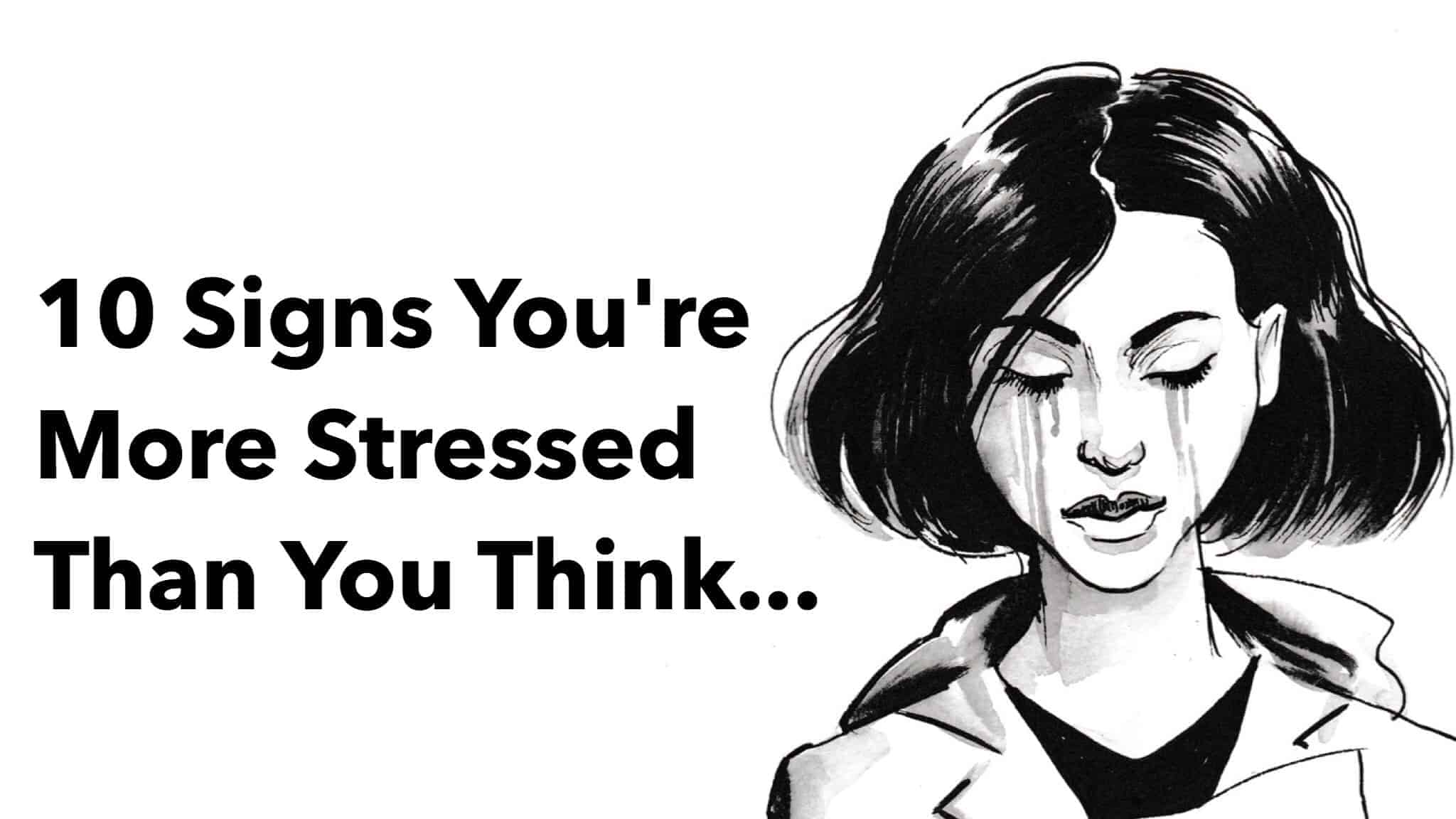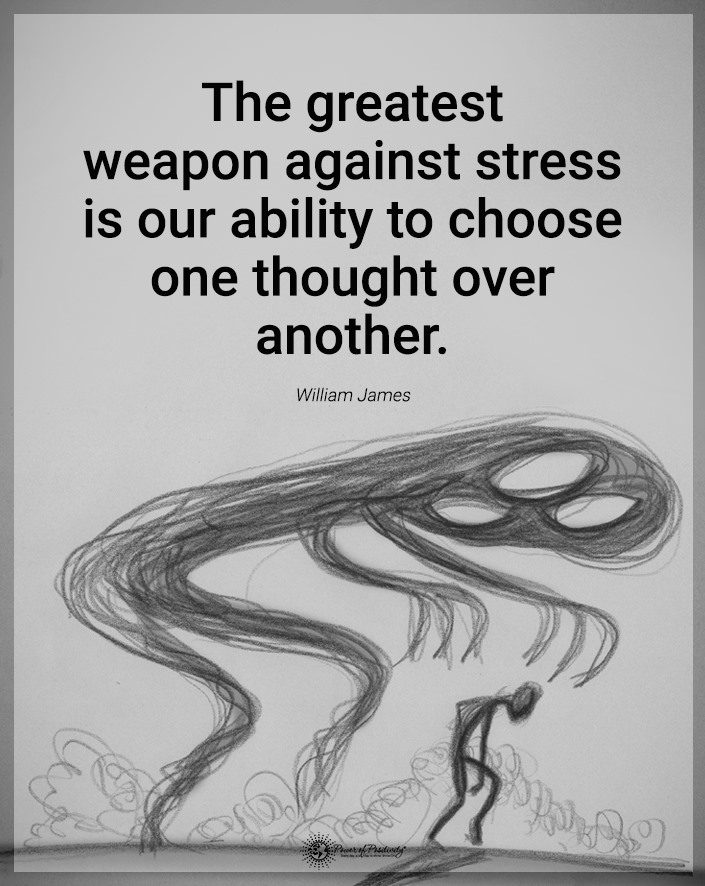There is near-universal consensus within the medical community that stress is a health problem of epidemic proportions.
Stress is considered ‘The Health Epidemic of the 21st Century’ by the World Health Organization (WHO).
‘“Americas #1 Health Problem: Stress. Contemporary stress tends to be pervasive, persistent and insidious because it stems primarily from psychological than physical threats. It is associated with ingrained and immediate reactions over which we have no control that were originally designed to be beneficial.” – The American Institute of Stress
The vast majority of surveyed Americans cite stress, especially work-related, as a major hindrance on their quality of life. Consider this list of stress-related facts and statistics:
- 75 percent of adults report experiencing “moderate to high levels” during the past month.
- Half of Americans state that their current anxiety levels have increased compared to the same period last year.
- Among high schoolers (9th through 12th grades) stress is cited as a top health concern. This statistic psychologists believe may cause long-term health problems in later generations without proper stress-management education.
- Australia, China, and the U.S. report the highest percentages of work-related tension – at 91%, 86%, and 80%, respectively.
Approximately half of all U.S. workers state they “need help learning how to manage stress.”
Read that last statistic again quickly. 50 percent of all U.S. workers might as well be 50 percent of all adults (maybe a couple of percentage points less.)
Why such a ubiquitous lack of stress-management knowledge? Well, schools and colleges may educate people to prepare them for the future, but no college classes on “stress management” exist.
So unless one is inclined to research and practice stress management techniques, chances are that they’re in the dark with most other people.
Why Stress Is So Prevalent
Perhaps the primary culprit behind this epidemic is sheer ignorance. We’ve just accepted it as “a part of life.” We’ve adopted a sort of “it is what it is” attitude towards stress.
Sure, we cannot prevent all stress. Nor should be an attempt to do so; as an attuned stress response has served mankind well through thousands of years of evolution. A stress response in the brain could – and maybe already has – save your life.
But we’re not running from Sabertooths or fending off bloodthirsty warriors, as our distant ancestors had for thousands of years. Instead, today’s human has exchanged our ancestor’s survival-based “fight or flight” response to one based on pure impulse.
And…stress is sneaky.
When we are stressed out, several things happen: pupils dilate, blood vessels narrow, heart rate increases, breathing becomes shallow, etc. But we really don’t THINK about it. We experience it and let it pass.
But this common “auto-pilot” response has repercussions, especially if someone’s levels are high and have been for a long time. Stress, simply put, is the #1 killer of human beings. Chronic stress may contribute to all six leading causes of death:
- heart disease
- cancer
- lung ailments
- accidents
- cirrhosis of the liver
- suicide
10 Major Signs
As stated prior, it has a way of “sneaking up” on us. It induces an autonomic response that many pay little attention to.
So, we’re going to discuss 10 major signs of stress. Once you’re equipped with the appropriate management tools, you’ll be well-prepared to take action.
1. Difficulty making decisions
Stress interferes with one’s ability to make decisions, especially if a decision has significant consequences. It also negatively impacts on how someone perceives risk and reward.
2. More conflict with your partner
No real surprise that when one-half of a relationship is stressed out, the chances of a conflict surfacing skyrocket. Because of the physical and psychological effects, conflicts such as arguing, blaming, and often criticizing manifest.
3. Changes in appetite
Hormones responsible for appetite either incite someone to overindulge or go hungry. Leptin and ghrelin are two hormones that regulate appetite. The former fuels the desire to eat while the latter creates a feeling of satiety (fullness).
Approximately two-thirds of chronically stressed people overeat, while the rest are more inclined to push away from the table.
4. Feeling fatigued
It kicks the brain’s neural activity into overdrive. Because of the fight-or-flight response, heart and respiratory rates increase. If the brain can remain in this state, which consumes a disproportionate amount of the body’s energy reserves, the result is often an exhausted mind and body.
5. Lower self-confidence
While the exact explanation is a bit opaque, a correlation exists between stress hormones and depressive symptoms. One example of this relationship is the tendency for chronically stressed people to report lower self-esteem.
6. Concentration and memory problems
If individuals do nothing about their elevated stress levels, they risk developing chronic stress. When this happens, our brain’s capacity to “tune out” distractions diminishes, inhibiting our ability to concentrate. The rapid release of cortisol hormones into the hippocampus impairs memory as well.
7. Feeling impatient and on-edge
Credit this side effect to the oldest part of the human brain: the amygdala. Stress activates the amygdala, which stimulates the fight-or-flight response. The brain perceives this as fear. We’re more likely to feel on-edge and impulsive when in a fight-or-flight state – a byproduct of human evolution.
8. Changes in sleeping patterns
Per the National Sleep Foundation, “…people who are under considerable stress can have insomnia. It causes insomnia by making it difficult to fall asleep and stay asleep (due to elevated stress hormones in the bloodstream)…(and) alleviating the stress should alleviate the insomnia.”
9. Feeling less social
It is evident that it messes with the brain’s delicate balance of chemicals, paramount to overall health and well-being.
Social withdrawal (i.e., isolation) occurs most often when a person has dealt with extremely high levels of stress for a significant period. This can be attributed to some kind of chemical imbalance, perhaps even depression or anxiety.
10. Increasing use of alcohol, nicotine, or other substances
It is a psychological response that nobody likes experiencing. To alleviate this dreaded response, some people choose to self-medicate by using alcohol, nicotine or other substances. In the long term, the use of these substances can become an addiction. While appealing as a quick fix, prolonged abuse of harmful substances can exacerbate underlying problems.

















